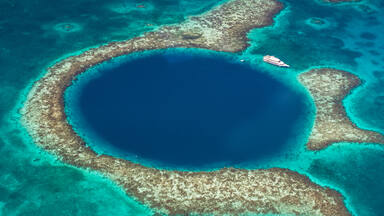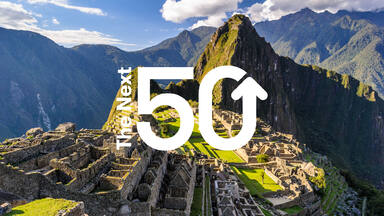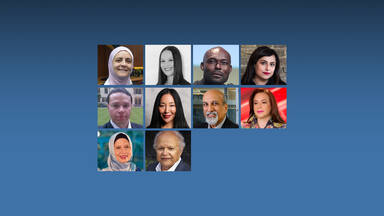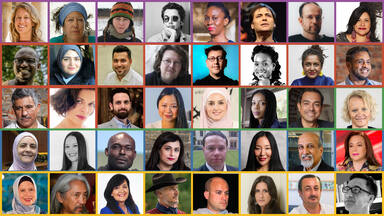Adi Utarini
Public health researcher and Professor of Public Health at Gadjah Mada University
Frank Snowden
Historian and Andrew Downey Orrick Professor Emeritus of History and History of Medicine at Yale University
Vision for the Next 50
In the Next 50… Heritage and health are more interconnected. We draw lessons from the resilience and innovation of communities for heritage protection during the COVID-19 pandemic.
In the Next 50… The gap between science and culture is narrowed to serve each other. The memory of pandemics are recorded and preserved to celebrate past innovative solutions, which ultimately contribute to protecting heritage.
Summary
The dialogue between Adi Utarini and Frank Snowden mainly focused on the close collaboration between public health and heritage. Utarini and Snowden agreed that the pandemic was a multifaceted problem that affected both public health and heritage. Utarini emphasized the need for health systems to be more integrated into heritage because people gather at these sites from all over the world and work together to preserve their heritage values. She explained that COVID-19 highlights the importance of communities in demonstrating resilience, creativity and strong bonds. Snowden highlighted that the history of pandemics can be a meaningful source of lessons to bring about innovative and creative solutions. He envisions sites where the memories of people during the pandemic are recorded, preserved and made available. They concluded that COVID-19 taught us a lesson on moving towards a multidisciplinary approach for the next 50 years of heritage.
Dialogue
Watch the dialogue
Explore other sessions
Five dialogue sessions covering five themes take place in 2022, each joined by thinkers in paired dialogue from diverse regions. The interdisciplinary dialogues inspire new visions for the next 50 years of World Heritage.



